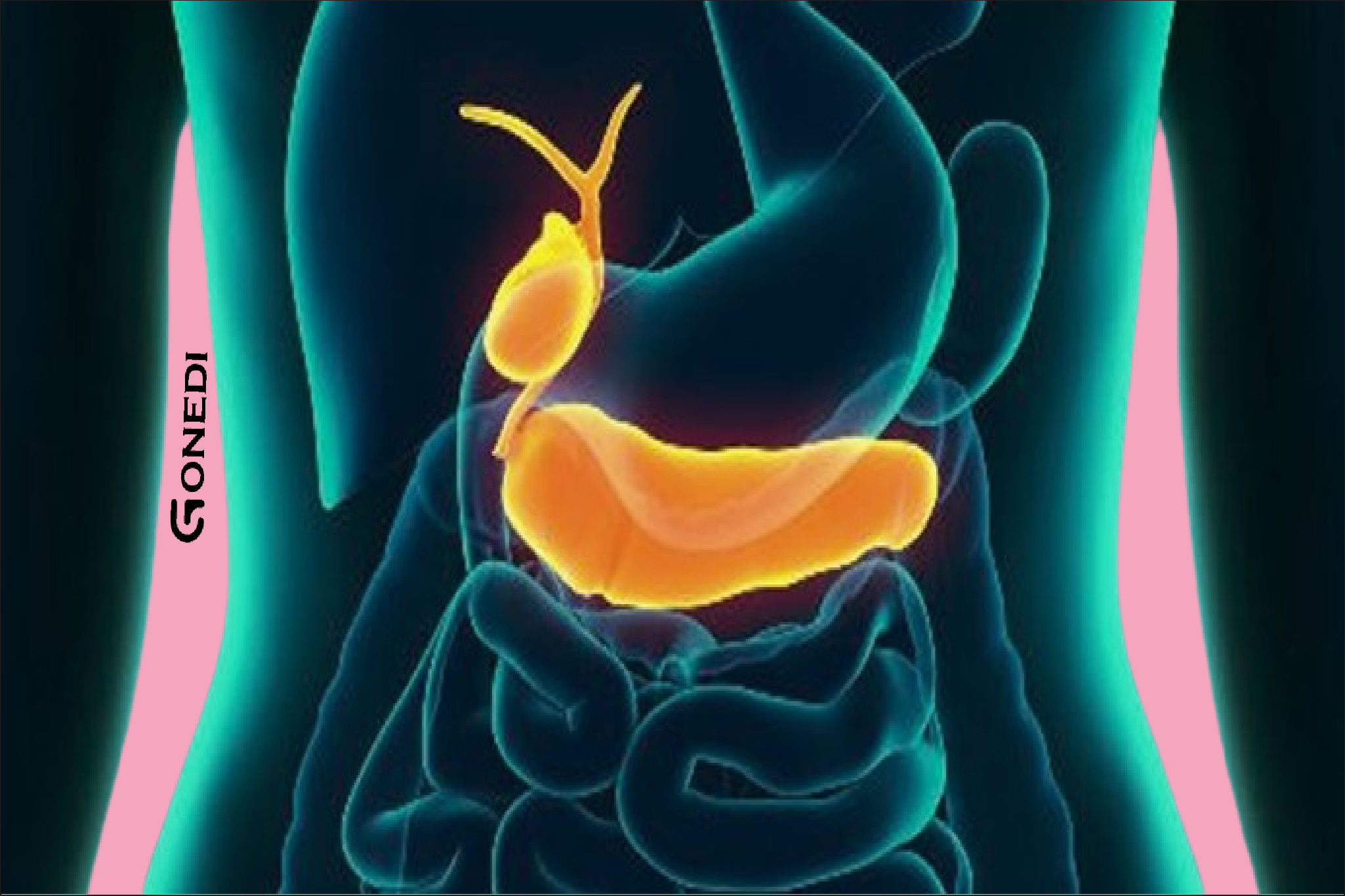5 warning signs that your pancreas is in trouble
When you hear the word “pancreas,” what is the first thing that comes to mind? If “cancer” is your immediate thought, you’re not alone. Pancreatic cancer is often the first link for many people, primarily because it is one of the deadliest types of cancer with a dismal 5-year survival rate. The challenge facing pancreatic cancer and non-cancerous pancreatic problems is the difficulty of early recognition. The pancreas is an inconspicuous organ located deep in the abdomen, and its problems often go unnoticed until they become severe. In this article, we’ll explore five warning signs that should prompt you to consult your doctor.
- Changes in stool color and consistency
One of the less discussed but important warning signs of pancreatic problems is a noticeable change in the color and consistency of stool. If your stool is unusually light in color and tends to float, this may indicate poor absorption of nutrients. The pancreas plays a vital role in digestion by producing enzymes that help break down fats and absorb fat-soluble vitamins such as A, E, and K. When the pancreas is dysfunctional, it fails to produce these essential enzymes, resulting in a pale, slimmer appearance. Stool that may also be oily in texture. You may notice an oil-like film on the toilet water. If these stool characteristics persist persistently, it is necessary to inform your doctor.
- Abdominal pain
Abdominal pain is a common symptom associated with pancreatic cancer and acute pancreatitis, a potentially life-threatening infection. However, the nature and location of the pain can vary depending on the underlying condition. If you’re experiencing pain that starts in your midsection and spreads toward your middle or lower back, and if it lasts for weeks, it may be a sign of pancreatic cancer. Furthermore, suppose you have previously been prescribed proton pump inhibitors (PPIs) such as omeprazole or esomeprazole to treat acid reflux or gastrointestinal problems, and your symptoms do not improve. In that case, it is essential to inform your doctor. Pancreatic cancer is often misdiagnosed as digestive problems, and proton pump inhibitors are supposed to help solve these problems.
On the other hand, if the pain suddenly becomes severe and focuses in the middle of your abdomen, this is characteristic of acute pancreatitis, a condition that requires immediate medical attention. While abdominal pain can be attributed to various health concerns, it is always wise to consult a healthcare professional if you are experiencing persistent discomfort or sudden, intense pain.
- The onset of diabetes
The pancreas is responsible for producing hormones that regulate insulin production and blood sugar levels. Therefore, when the pancreas is compromised, there is a greater risk of developing type 2 diabetes. If your weight is controlled and you maintain a healthy diet, a new diabetes diagnosis should raise concern about the condition of your pancreas.
This is especially important for individuals who already have diabetes and suddenly find it difficult to manage their condition. Sudden changes in diabetes status without a clear explanation are often linked to pancreatic problems, including the possibility of pancreatic cancer.
- Nausea and vomiting, especially after fatty meals
Nausea and vomiting, especially after eating fatty foods, can be an indication of pancreatic problems. The pancreas produces important enzymes to break down fats during digestion. Any disease that affects the pancreas can disrupt this process, leading to an impaired ability to digest fats and subsequent nausea. High-fat foods, such as hamburgers, avocados, nuts, and pizza, are more likely to cause these symptoms. While nausea and vomiting can be associated with both pancreatitis and pancreatic cancer, pancreatitis is more likely to cause sudden and severe attacks of these symptoms.
- Unexplained weight loss
It’s common to feel a sense of accomplishment when losing weight, especially if you’re consciously trying to shed some weight. However, if you are experiencing unexplained weight loss and especially if you are also experiencing the diffuse abdominal pain mentioned earlier, it may be an indication of digestive problems associated with pancreatic cancer or other pancreatic diseases.
While rapid weight loss can be attributed to various factors, including changes in diet or lifestyle, it is important not to dismiss it, especially if it is accompanied by other worrisome symptoms. Conditions such as thyroid problems and other health problems can also lead to significant weight loss. However, when you experience unexplained weight loss, it is essential to consult a healthcare professional to determine the underlying cause and get appropriate guidance.
In conclusion, although the pancreas may not be a frequently discussed organ, it plays a crucial role in your overall health and well-being. Recognize the warning signs listed here and seek immediate action


